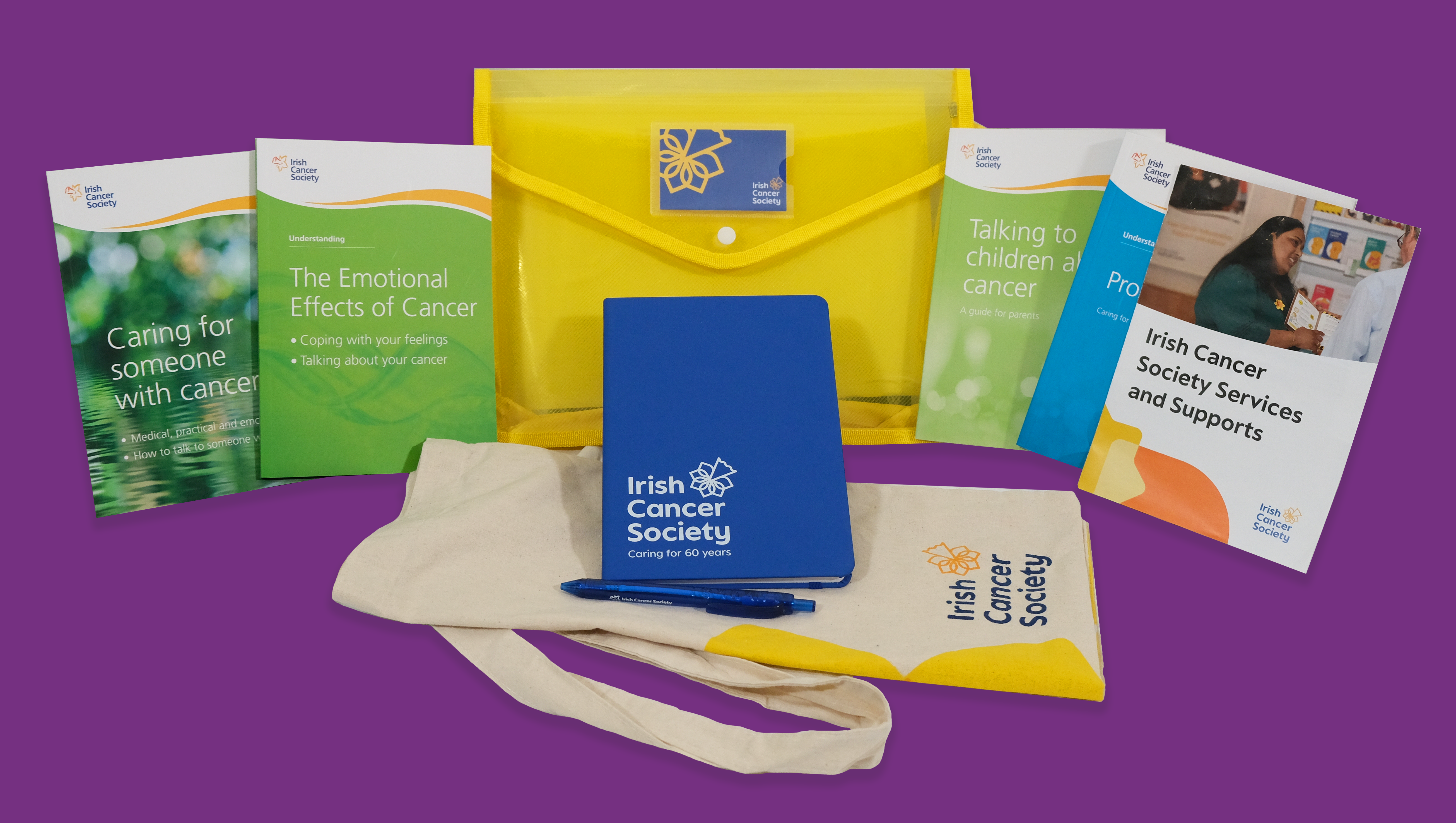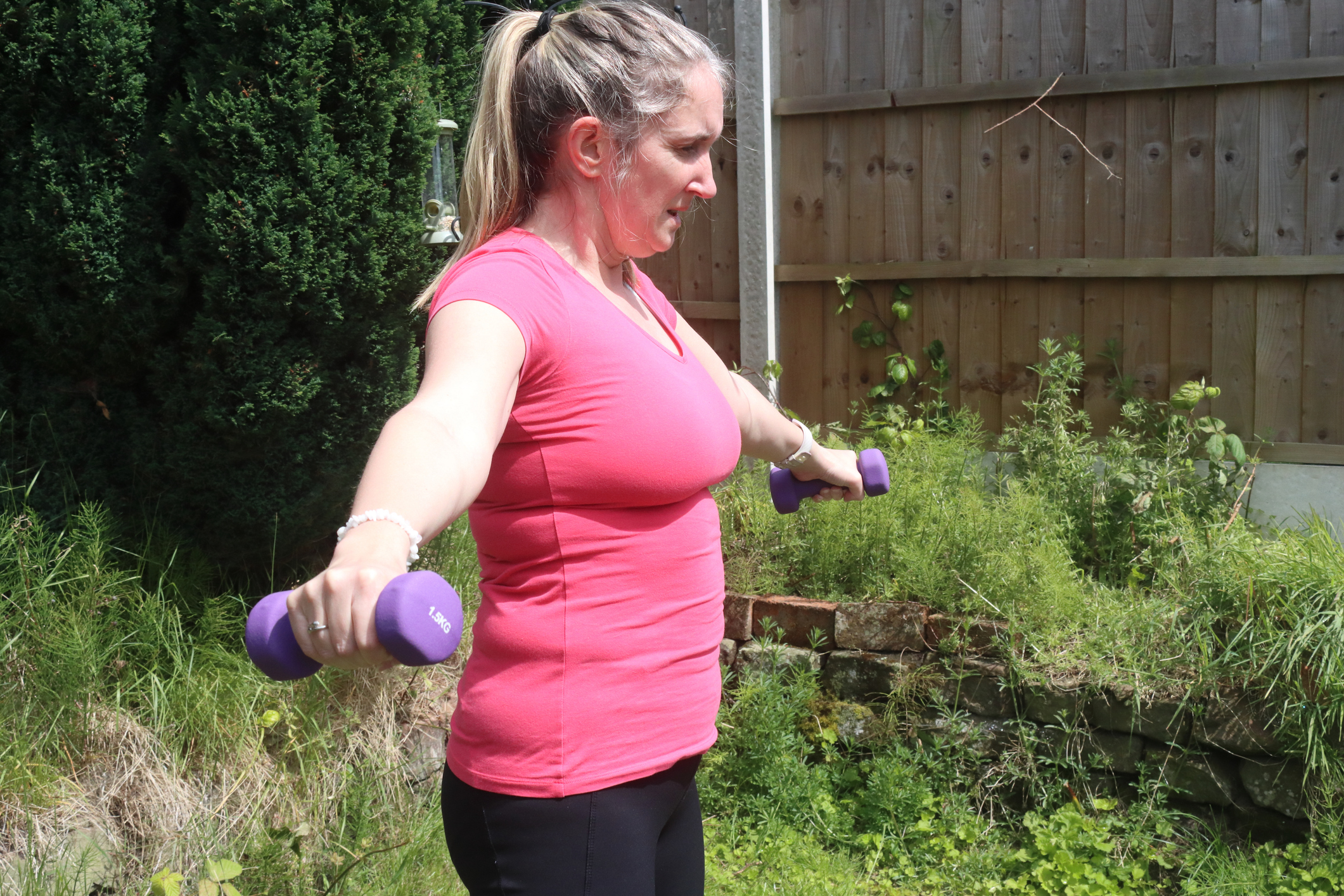It can be very difficult to cope with a cancer diagnosis and all the changes that this can bring. Your healthcare team can offer you different types of support, but there are also things you can do yourself to prepare for treatment and feel as well as possible during and after treatment.
Healthy living for cancer patients
Staying physically active, eating well and not smoking are some of the things you can do to feel as well as possible before, during and after treatment.
Feeling as well as possible
Stay active
If you are able, it can really help to be active before, during and after your treatment. Keeping up or increasing your activity levels can help to:
- Reduce tiredness and some treatment side-effects
- Reduce anxiety and depression
- Improve your mood and quality of life
- Strengthen your muscles, joints and bones
- Reduce the risk of other health issues
Talk to your doctor or nurse before starting or increasing the amount of exercise you take. They can advise you on the type and amount of exercise that is safe for you.
Eat well
Eating well when you have cancer can help you feel better. It can help you to:
- Keep up your energy and strength
- Keep your weight stable and avoid muscle loss
- Tolerate your treatment better, so you can finish your course of treatment
- Cope better with side-effects of treatment
- Reduce your risk of infection and other complications
- Recover faster
Ask to talk to the dietitian at the hospital for advice on the best diet for you. You can also read our booklet Diet and Cancer. To get a copy, call our Support Line on 1800 200 700 or visit a Daffodil Centre.
Quit smoking
If you are coping with a cancer diagnosis, you may find it stressful to quit smoking. However, research tells us that:
- Non-smokers are likely to have fewer or less severe side-effects during cancer treatment. For example, chest infections
- Smoking can reduce how well radiotherapy and some other anti-cancer treatments work
- Not smoking can help you to heal better if you are having surgery
- Quitting reduces your chance of further illness
If you would like advice or support on quitting, call the HSE Quit Team on Freephone 1800 201 203, visit www.QUIT.ie or Freetext QUIT to 50100. Some hospitals have a stop-smoking service, with advisors who can help and support you.
Related links




Get support

Support Line
Eating well and exercise support


